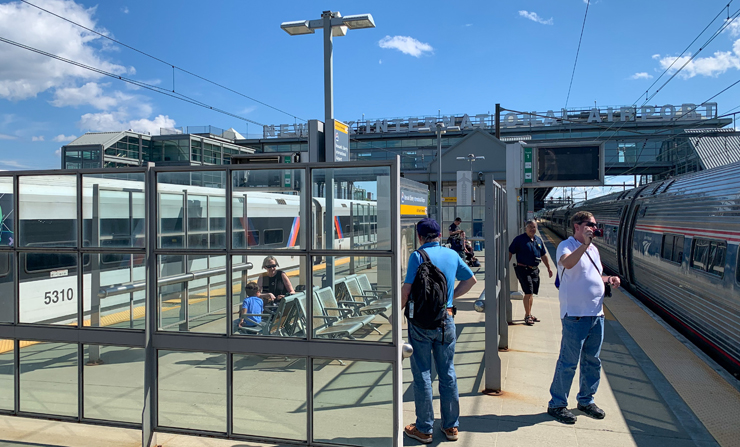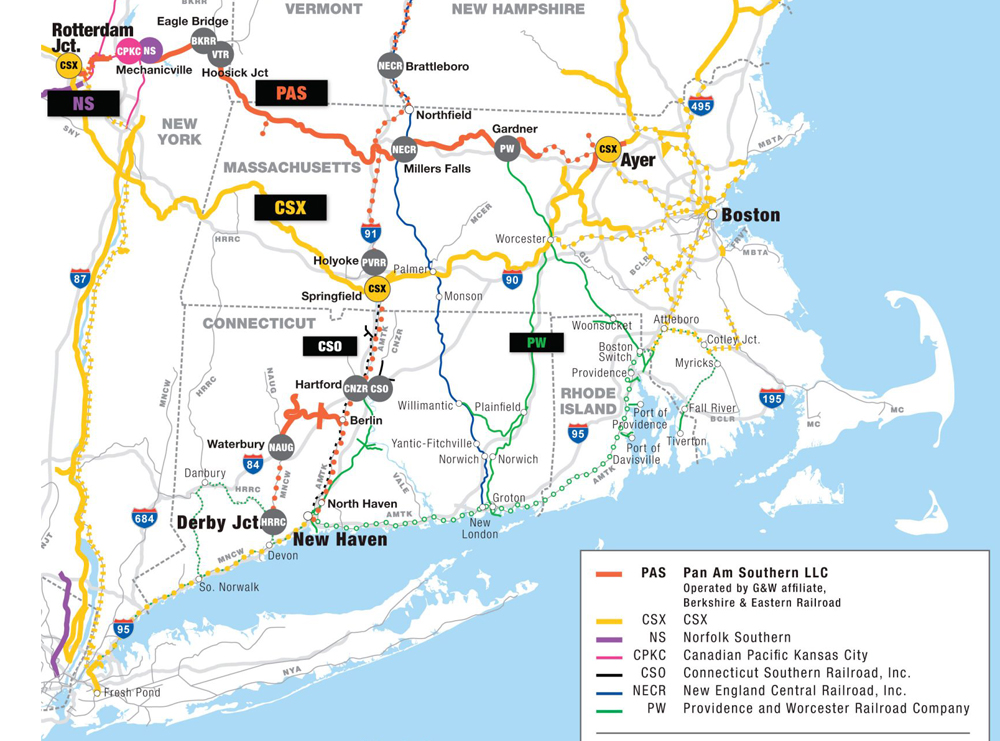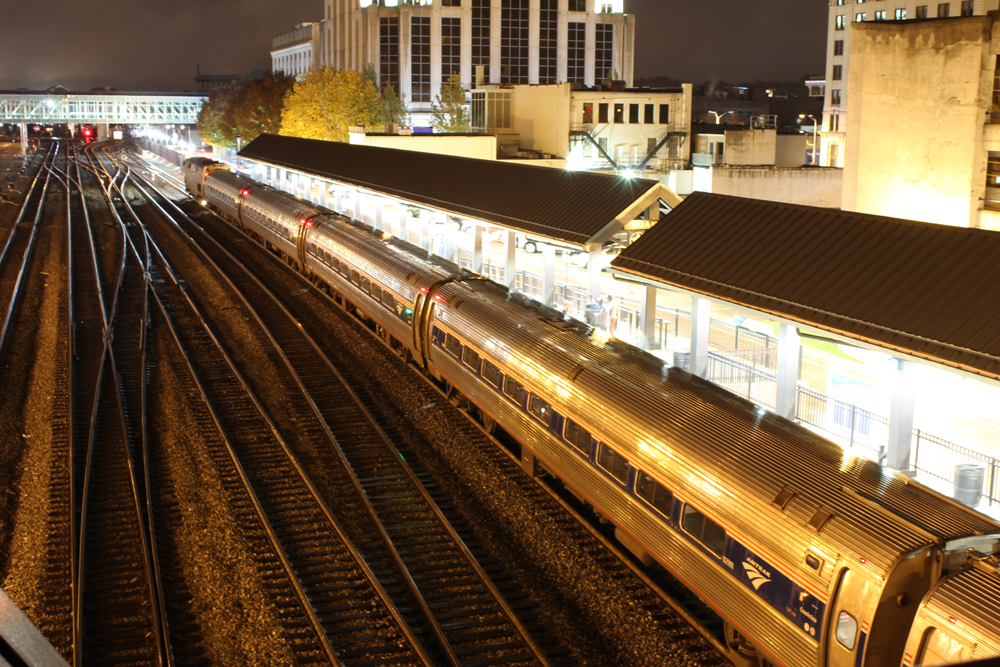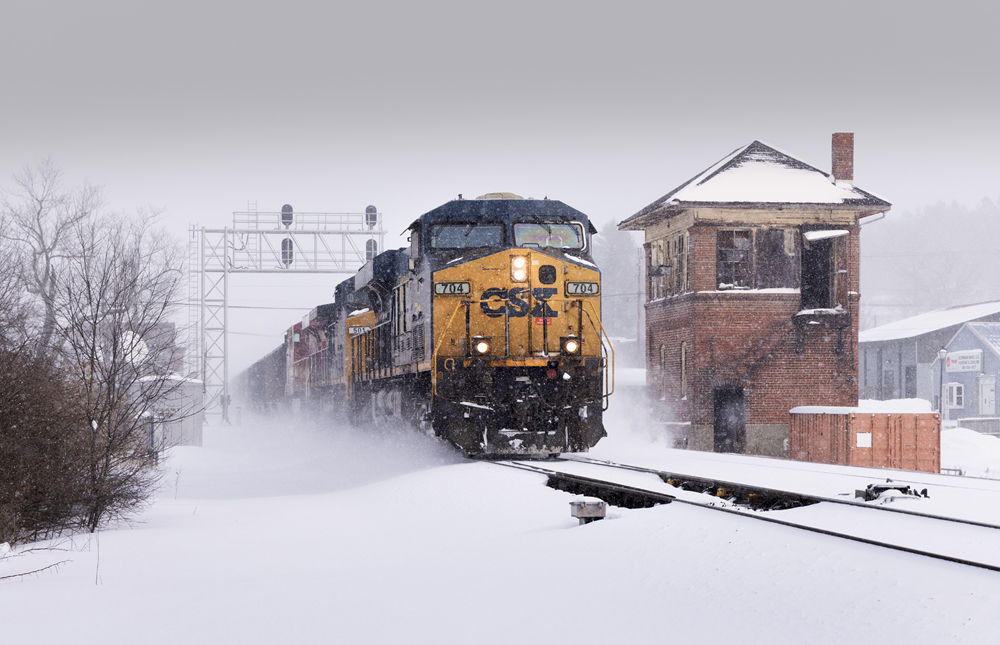TRENTON, N.J. — The need for new funding sources is crucial to addressing ongoing issues with NJ Transit, representatives of transit advocacy and research organizations told a Wednesday hearing. But ideas varied widely on the form that funding could take.
Wednesday’s hearing was the second by the New Jersey Senate Select Committee on New Jersey Transit, following a November hearing in which the committee headed by Sen. Steve Sweeney heard from riders of the statewide transit system. The eight-member panel will recommend plans to address the transit agency’s problems prior to approval of the fiscal 2021 budget.
Representatives from the Tri-State Transportation Campaign, Regional Plan Association, New Jersey Environment Federation and ChargeEVC offered both warnings and plausible solutions in the hearing at the state capital.
Currently, NJ Transit relies on fares for funding at a significantly higher rate than most agencies, leading to high fares. It is at the mercy of state subsidies determined by the governor’s annual budget, which can vary greatly from year to year, and has regularly used capital funds to address operating shortfalls.
Suggested new funding sources included:
— Value capture, which uses real estate value created in part by transit to generate revenue;
— Sales, property, business, utility, or income taxes;
— Transportation Carbon Initiative cap-and-trade funds.
Janna Chernetz, Tri-State deputy director, told the senators, “You can’t expect change unless you make change. New Jersey has yet to make the changes that matter.”
Kate Slevin, Senior Vice President of the Regional Plan Association, said, “The existing level of service is very basic, unreliable and unacceptable.”
Slevin indicated that lower property values in New Jersey were a direct result of road and rail transportation problems in the state. The potential for even larger problems exists as long as construction on the Gateway Tunnel project to connect New Jersey and Manhattan is delayed.
Nat Bottigheimer, New Jersey Director of the Regional Plan Association, addressed another issue. NJ Transit can make job locations more successful, he said, with increased rail and bus service. As an examplehe suggested that NJ Transit’s Newark Airport Rail station, which currently connects only to the airport’s monorail, should have other road accessibility to encourage growth for the aviation, tourism, business and convention markets.
Following the meeting, Sweeney was asked about the viability of the suggestions.
“Honestly, we are looking at everything,” he said, “Our economy is going to benefit if we improve mass transportation.” Sweeney said he expects to give the committee findings to Gov. Phil Murphy by February.















In other words, the more different sources of revenue are hit upon, the fewer people will notice how much revenue is needed.